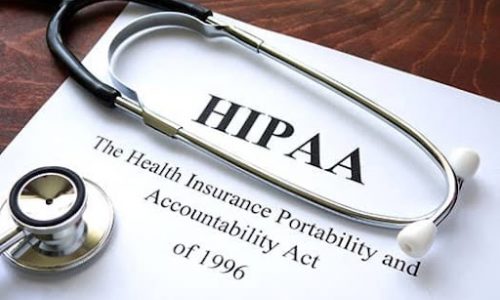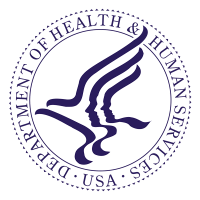HIPAA Awareness Training

Course Description
Working in healthcare or any related organization, the term HIPAA should be far from unfamiliar. This privacy act ensures the regulation and compliance of implementing security measures to protect the confidential personal and health information of your clients.
Our comprehensive HIPAA training course satisfies the mandatory Health Insurance Portability and Accountability Act (HIPAA) and Health Information Technology for Economic and Clinical Health (HITECH) Act compliance training requirements. This course prepares learners to comply with the most up-to-date privacy and security requirements for personal health information (PHI). It provides an overview of the regulations and teaches learners how to recognize and protect PHI in oral, written and electronic forms. Scenario-based examples and practice activities illustrate and reinforce how HIPAA compliance applies to varied business settings.
- Topic
- Data Privacy, Compliance
- Learning Modality
- Courseware
- Role/Audience
- Finance
- Language
- English Only
- Total Time
- 25 Minutes
HIPAA compliance goes deeper than keeping confidential information to yourself. Some of the most common violations occur due to unauthorized access to patient health information (PHI) due to unencrypted or unauthorized access to patient data, database breaches or even improper disposal of patient information. As we rely on technology to secure sensitive consumer data, further action is necessary to comply with privacy laws.
This HIPAA training course:
- Is created for healthcare providers, healthcare clearinghouses, health care plans and their business associates who are required to handle personal health information
- Provides relevant information designed to address key HIPAA compliance requirements
- Engages learners in hands-on problem-solving using case-study-based examples
- Addresses the evolution behind the Health Insurance Portability and Accountability Act and its rules

Course Curriculum
- A brief history and purpose of HIPAA
- Defining the Covered Entities (CEs) that must comply with HIPAA: Health Care Providers, Health Plans, and Healthcare Clearinghouses
- How CEs must ensure that their Business Associates also comply with HIPAA
- HIPAA-related responsibilities of employees working for CEs or their Business Associates
- Definitions and nature of PHI and ePHI
- A list of data that is considered individually identifiable information
- De-identifying information before it is used for marketing and research
- Definition and purpose of the Privacy Rule, which protects PHI
- Circumstances under which CEs can disclose PHI
- Rights of individuals under the Privacy Rule
- Marketing of third-party products and sale of PHI under the Privacy Rule
- Definition and purpose of the Security Rule
- How to implement the administrative safeguards described under the Security Rule
- How to implement the physical safeguards described under the Security Rule
- How to implement the technical safeguards described under the Security Rule
- Definition and purpose of the Breach Notification Rule
- Requirements under the Breach Notification Rule
- Definition and purpose of the Enforcement Rule
- Potential penalties for violating HIPAA rules and who can be held liable for the violations
- The principles to follow for protecting PHI
- The basic principle behind HIPAA’s Minimum Necessary Rule
- Precautions to take when communicating PHI orally, in writing, or electronically
- Physically security safeguards that should be undertaken to protect PHI
- How employees should protect their workstations against hackers and viruses
- Best practices to follow when surfing the World Wide Web
- How to protect the PHI stored in portable devices
- Course Summary
- Final Quiz
Request a Demo or Quote
What is HIPAA?
The Health Insurance Portability and Accountability Act, or HIPAA, was enacted by the U.S. government in 1996 to protect sensitive patient health information from being disclosed without the patient’s consent or knowledge. The Act ensures that individuals’ sensitive information is protected while allowing the flow of health information needed to provide high-quality care. HIPAA laws apply to healthcare providers, health plans, healthcare clearinghouses and related business associates, as well as employers who sponsor or co-sponsor employee health insurance plans.






